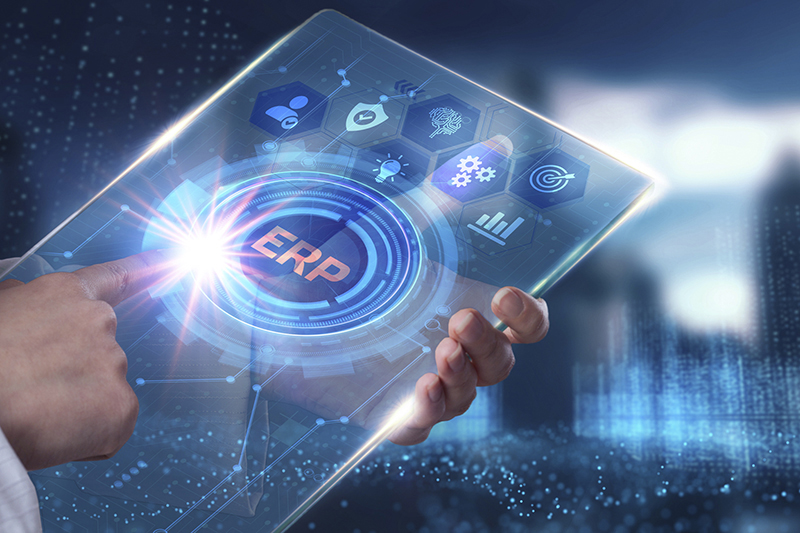The Digital Transformation of the Textile Industry: The Integration of AI and ERP Systems
In the lively environment of textiles, the confluence of dynamic technologies like AI and ERP systems is changing the way the industry is. Indeed, the textile industry is experiencing a historical rightward digital journey, using the required efficiency and environmentally friendly compliance route. Singapore, the capital of creativity, is the chief implementer of this innovation, by employing AI and ERP systems, thus increasing productivity and sustainability.
The prevalence of AI in the textile sector is a revolution in how the firms conduct their business. AI, especially GenAI and DeepSeek, is engaged to streamline processes, starting with inventory management and ending with quality control. OpenAI’s breakthroughs in artificial intelligence are granting garment enterprises the power to forecast market conditions and consumer behavior with unthought-of precision. Besides, AI agents are contributing to the creation of new materials and designs, and for sure, thus, the sector keeps its competitive edge and innovativeness.
Enterprise resources planning (ERP) systems are the backbone of this digital transformation. These systems, which include MRP and MRP systems, are operating more fluidly by integrating different functions of the firm such as manufacturing, supply chain, and finance. In Singapore, there is a growing trend of firms replacing old systems with ERP to increase their operation rates and to achieve ISO compliance.

The amalgamation of ERP with AI technologies is taking the textile enterprises to another level, such as the real-time data analytics and decision-making.
In the textile industry, the importance of MRP systems is everywhere. These systems are the brain for forecasting material needs and production schedules; thus, firms could deliver the perfect products to the customer without wasting any time or material. Along with MES (Manufacturing Execution Systems) and CRP (Capacity Requirements Planning), MRP systems are providing the optimal tools to increase the productivity of the textiles sector. The IQC (Incoming Quality Control) operations are also being enhanced by the inclusion of AI and ERP systems, which guarantees the products are meeting very high standards of quality.
With the ever-growing urge for textile industries to adopt sustainable practices, they are working on the compliance of environmental regulations. The Enhanced Development Grant (EDG) in Singapore is the support arm of the firms in their moves to use sustainable practices and technologies. Lab dip processes that are the most important method for color matching in textiles are being freed up through the use of AI and ERP systems, reducing waste and boosting efficiency.
Unquestionably the digital transition of the textile industry is a very complicated and ongoing process. Companies are pouring in funds in advanced technologies to retain their status in a competitive market. The unification of AI and ERP systems not only provides the solution to operational efficiency but also facilitates innovation and sustainability. The technology will, of course, have an even greater role to play as the industry continues to change.
A cloud-native ERP widely adopted by business in Singapore, Malaysia, Hong Kong and China. With over 6,000 customers in the region, aiM18 gains positive feedbacks from customer across different sectors, from manufacturers, distributors, retailers, service providers to NGOs. The renowned no-code approach saves customer a big sum of customization costs and countless hours of implementation man-days.
About LAIDFU (Let AI Do For You)
A configurable AI agent specifically designed for business use. Enterprise-class Data Guard functionality distinguishes LAIDFU from other consumer AI like chatbot or copywriting tools. Data Guard removes the hurdle of AI adoption by most companies in using sensitive corporate data. Powered by no-code approach, deployment of LAIDFU incurs far less developers (and development costs) in comparison with other AI studios.